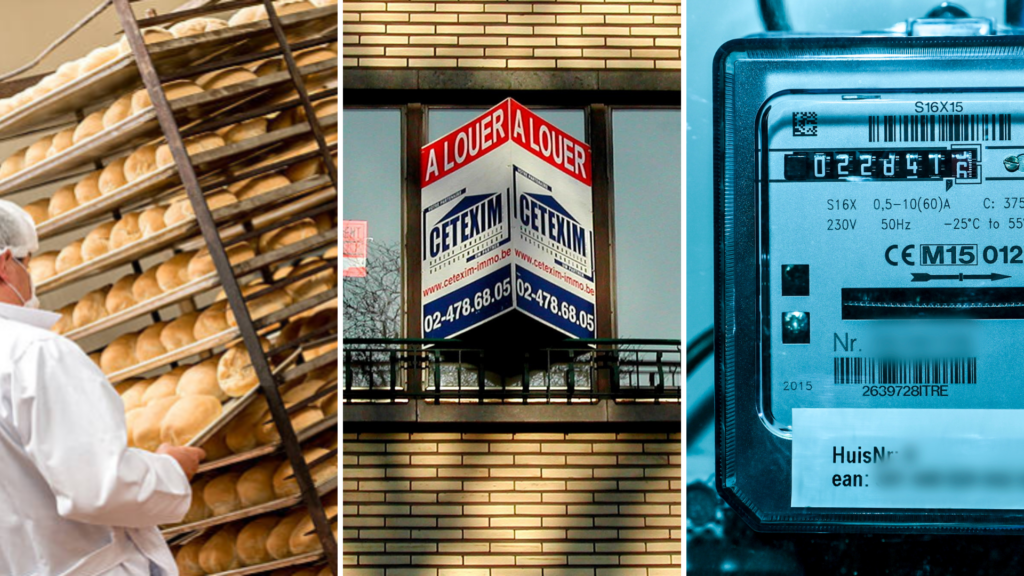Inflation in Belgium increased for the third month in a row after significantly dropping until October last year. The figure is expected to more than double in the coming months.
Inflation rose to 1.75% year-on-year in Belgium in January 2024, national statistical office Statbel confirmed on Tuesday. This means the goods and services consumed by an average family were 1.75% more expensive this month than in January 2023. If a product cost €100 one year ago, it now costs just under €102.
"This is the third increase in a row after dropping to 0.36% in October," spokesperson Wendy Schelfaut noted. Inflation stood at 1.35% last month and 0.76% in November. The overall inflation rate of 1.75% in January was higher than the 1.56% forecast by the Federal Planning Bureau earlier this month. In the coming months, the institution estimates inflation rates of around 3% to 4%.
Food inflation (including alcoholic beverages) fell for the tenth month in a row, reaching 6.58% this month compared to 7.03% in December. Core inflation – which excludes the price evolution of energy products and unprocessed foods, making it less volatile and more reflective of the underlying evolution of the cost of living – dropped for the eighth month in a row to 4.70%, down from 5.47%.
Cheaper and more expensive products
Statbel attributed the increase to more expensive dairy products, household services, bread and cereals, alcoholic beverages and rent. However, the average inflation figure masks strong risers and fallers in certain categories.
It was mostly food products that saw the biggest price increases in January. Fresh seafood was more than half as expensive (+50%) in January as in the same month in 2023, while the cost of smoked fish and seafood went up by 38.5%. Olive oil was one-third more expensive, while the cost of wine went up by almost a quarter.
In the category of non-consumable goods, maintenance services and domestic help (+10.6%), repair audio/video/photo equipment/PC (+12.7%), pets and related goods for animals (+15.1%), veterinarian costs (+11.3%), and newspapers and magazines (+13.9%) saw the largest increase.
Related News
- World's richest men saw profits increase by 114% in three years
- Inflation rebounds in Belgium after being negative for two months
Natural gas and electricity, in contrast, became significantly cheaper: prices were 51.9% and 31.7% lower, respectively, than a year ago. Tea (-15.5%), televisions (-9.6%) and breakfast cereals (-9.1%) also saw big price drops. Smartphones also became 6.2% cheaper.
Lower energy and fuel prices and cheaper flights and hotel rooms had the largest negative impact on inflation, bringing the average figure down. Energy inflation has been negative since February 2023, but reached -22.30% this month compared to -26.46% last month and -32.90% in November, meaning the impact is not as significant.

